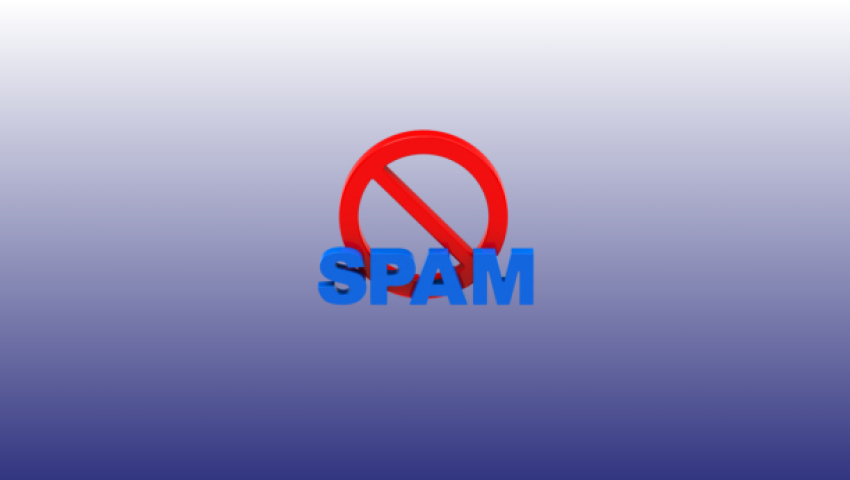
Violations and Penalties for Spam in Search Engines
So far, we have discussed the positive signals that make up the periodic table of success factors in SEO. However, there are also some inappropriate factors that should be avoided.
Violations and Penalties for Spam in Search Engines
So far, we have discussed the positive signals that make up the periodic table of SEO success factors. However, there are also some inappropriate factors that should be avoided.
One clarification: Most people have not sent spam to search engines. But if someone engages in unwanted spam, search engines consider various signals before deciding whether to impose a serious penalty.
Hiding
What would you say about equipping your website to display a version that is completely different from the one people see?
This is called hiding. Search engines really don’t like it. It’s one of the worst things you can do. In fact, Google has even banned sites for hiding. Seriously.
Most people wouldn’t want to spam search engines unintentionally, but when it comes to hiding, the opposite is true. So, if you get caught, you’ll face a very heavy penalty. This is considered a trap and a manipulation attempt, as well as a conscious effort to manipulate search results.
Keyword Stuffing
One of the oldest spam tactics in the books, yet still used, and search engines still don’t like it. Search engines say that you should use the words you want to appear on your pages.
But that’s not the case. This is "keyword stuffing" and it can lead to a penalty.
How often?
There’s no exact answer here, but for this penalty to be triggered, you have to go to extremes. Most likely, this will happen to people who are unfamiliar with SEO and repeatedly decide to stuff the same word. Typically, this happens at the bottom of a webpage.
When you choose keywords, your next thought is probably: “Why not hide all this text that no one would want to see?” You might make the text white so it blends with the page background. If you do this, you will be spamming the search engine.
Search engines want to see everything that the user sees. The text must be visible to the user and not hidden through styles, fonts, or images.
Piracy / DMCA Content Takedowns
It’s unlikely that most sites will face these issues, but you should deal with the takedown notices related to the DMCA that appear in your Google Search Console account.
The "Piracy" update targets sites that violate copyright. Under pressure from the Recording Industry Association of America (RIAA), Hollywood moguls, and governments, Google began imposing penalties on sites that receive multiple "takedown" requests under the Digital Millennium Copyright Act (DMCA).
Ads / Top-Heavy Layout
Have you ever visited a website and had trouble finding the actual content among all the ads?
This penalty, commonly referred to as "Top Heavy," is aimed at sites that place too many ads, thus hindering the user experience. So, don’t make users search for content.
Paid Links
As for Bing, it officially does not impose penalties for paid links, but in practice, it may view them with suspicion.
When it comes to Google's ban, it's worth mentioning that Google Japan was also banned for 11 months when it was found to be buying links.
The debate about whether Google will continue to be as aggressive against those who buy and sell links has been ongoing for years. Ultimately, to rank in Google, you must follow Google’s rules, which state that there should be no bought or sold links passing through the search engine’s algorithm.
If you choose to ignore Google’s rules, be prepared for little mercy if you get caught. And don't believe that paid link programs claiming to be undetectable really are. Especially when many of them are run by naïve people, they are not.
Spam Links
Is it possible to wander through forums and blogs and create links using automated software that includes optimized anchor text?
Moreover, you are not doing SEO, but unfortunately, everyone who hates spam is left with the impression that SEO is the same. So even SEO experts hate you—with passion.
If you continue down this path, most of the links will not bring you the desired credit. Additionally, you may find yourself on the brink of a serious penalty.
This penalty is a result of Google's efforts to neutralize and penalize link spam, especially after the launch of the "Penguin" update. The latest version of this model pays more attention to this.
If you've been lured to the dark side or if a fast-flying SEO company has put your site in trouble, you can start over and clean the links in Google and Bing in hopes of a fresh start.
